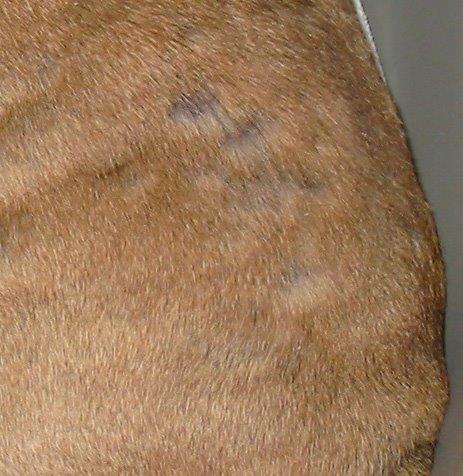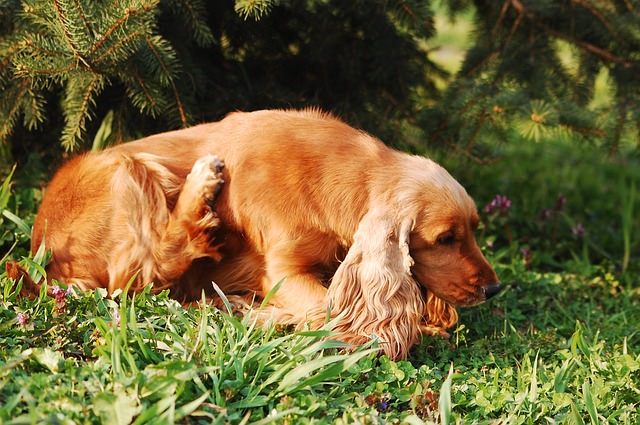This along with the hair loss is what is typically seen when a dog has ringworm. Read this post to learn more about the symptoms and treatment of ringworm in dogs here.

Ringworm Hair Loss Causes Prevention Treatment
Ringworm is contagious to other pets and to humans so its very important that any cases of ringworm should be treated by a vet.
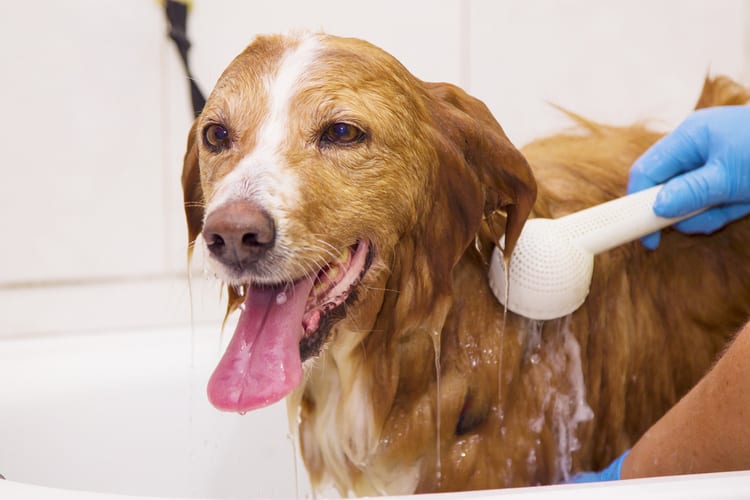
Ringworm hair loss dog. Learn more about the causes symptoms and treatment of ringworm in dogs on petmd. While the lesions can be itchy that isnt always the case. The fungi that cause ringworm in canines usually affect hair follicles the lesions appearing in spots where hair loss or alopecia occurs.
It typically looks like a circle in raised edges and there might be a pale spot in the middle. Resolving ringworm starts to look like normal hair and normal skin with no areas of hair loss itching or scaly skin. Surprisingly ringworm has nothing to do with worms but.
We often bathe for a few weeks after things are starting to improve to make sure that there arent any spores residual in the environment. Patches of ringworm look grey in color and some dogs may have scaly patches too. Ringworm is a highly contagious fungus that can cause hair loss in dogs.
Canine ringworm is caused not by a worm but is instead a contagious fungal skin disease in dogs. Hair loss happens because on the affected area the hair shaft becomes weak and eventually breaks off the skin and fall. Puppies are particularly susceptible to ringworm though dogs who are malnourished or stressed are also more likely to get it.
They may have hair loss and some patches. It is characterized by a spreading circle of hair loss. When a dog contracts ringworm youll notice hair loss along with lesions on the skin that will tend to be in circular patterns that grow larger.
Ringworm can be caused by many types of fungus which are mostly found in climates that are humid and hot. In dogs ringworm has a number of different appearances most often areas of hair loss. Hair loss in dogs can be caused by ringworm a fungal infection of the skin.
A number of infectious agents and infection related conditions can contribute to hair losssome common ones are described here. Washing bedding frequently also helps to decrease re contamination. They do get inflamed and scab over though.
In dogs ringworm has many different appearances most often areas of hair loss with cranky covering are seen in dogs belly. There are specific symptoms of ringworm and treatment for hair loss is available. How to get rid of ringworm in dogs.
Ringworm is a parasitic fungal infection that affects skin hair and nails.
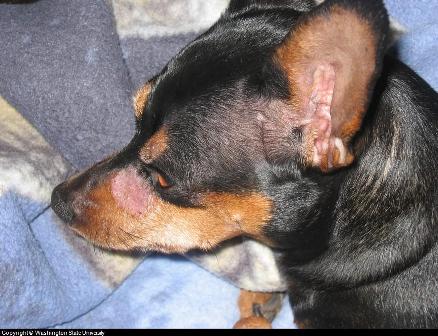
Ringworm On Dogs Symptoms And Treatment Tips

Ringworm Treatment For Dogs Short Information Labrador Losing Hair
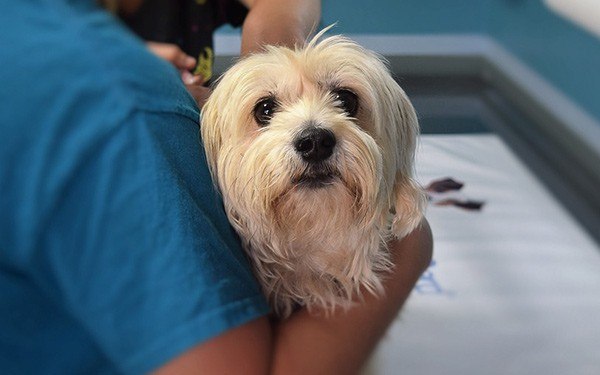
Ringworm In Dogs Prevention Treatment Mhl

Ringworm In Dogs Causes Signs Treatment Canna Pet
